Welcome to the 34th Issue of the GiGLer. As with every editorial, this one is bursting with news from the last 6 months, from the launch of the London Day of Nature to the latest in all things planning and policy…
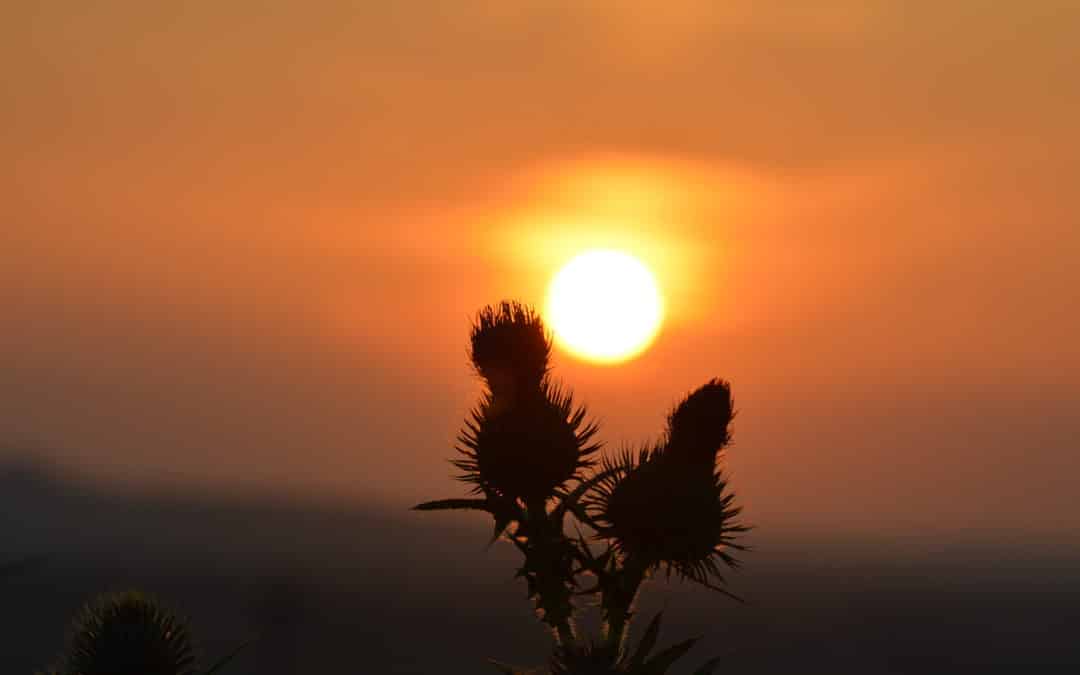

Welcome to the 34th Issue of the GiGLer. As with every editorial, this one is bursting with news from the last 6 months, from the launch of the London Day of Nature to the latest in all things planning and policy…
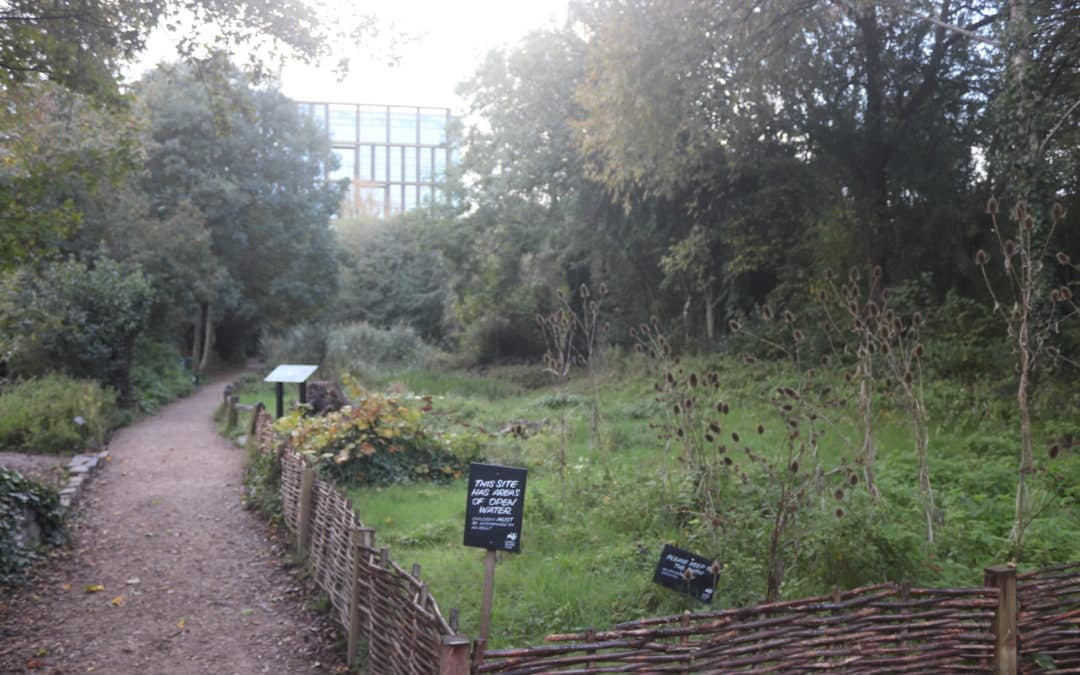
It might have been the first event under the monicker ‘London Day of Nature’ (LDN), but the ideas discussed at Camley Street Natural Park on Saturday 28th October 2023 were far from rudimentary…
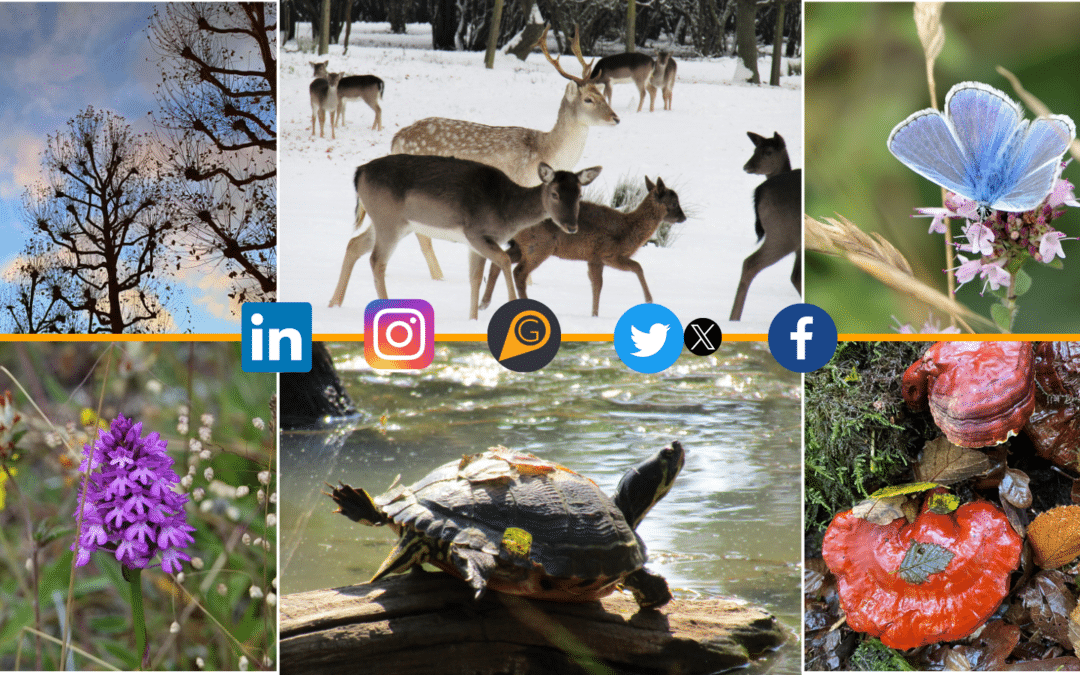
These days, many nature enthusiasts take to social media to communicate, connect, share, entertain and inspire. Here at GiGL, we’ve been part of this digital community via our online social media platforms for many years…
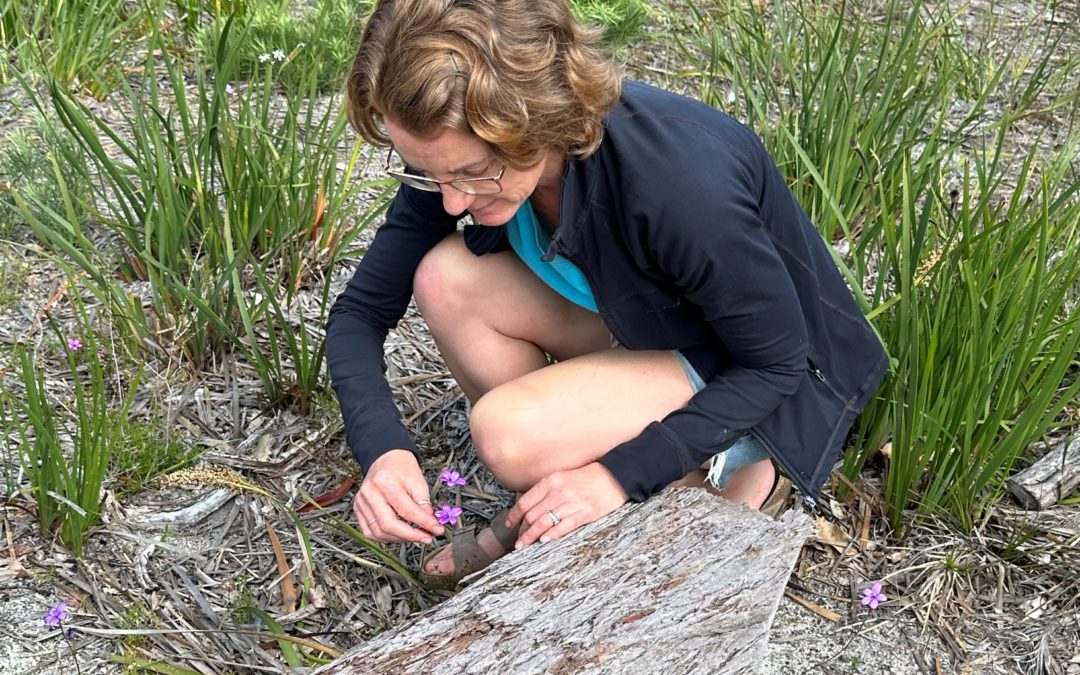
It’s a small thing but I actually really love engaging with new recorders. Providing help, information and encouragement, knowing that an engagement with nature is the first step on a lifelong journey…

Whatever the sector may be, whether it be the environment, healthcare, or something else, data is the evidence-base from which all decisions are made. I, therefore, feel that as a person with such a huge passion for the natural world, reporting what I find is a must.
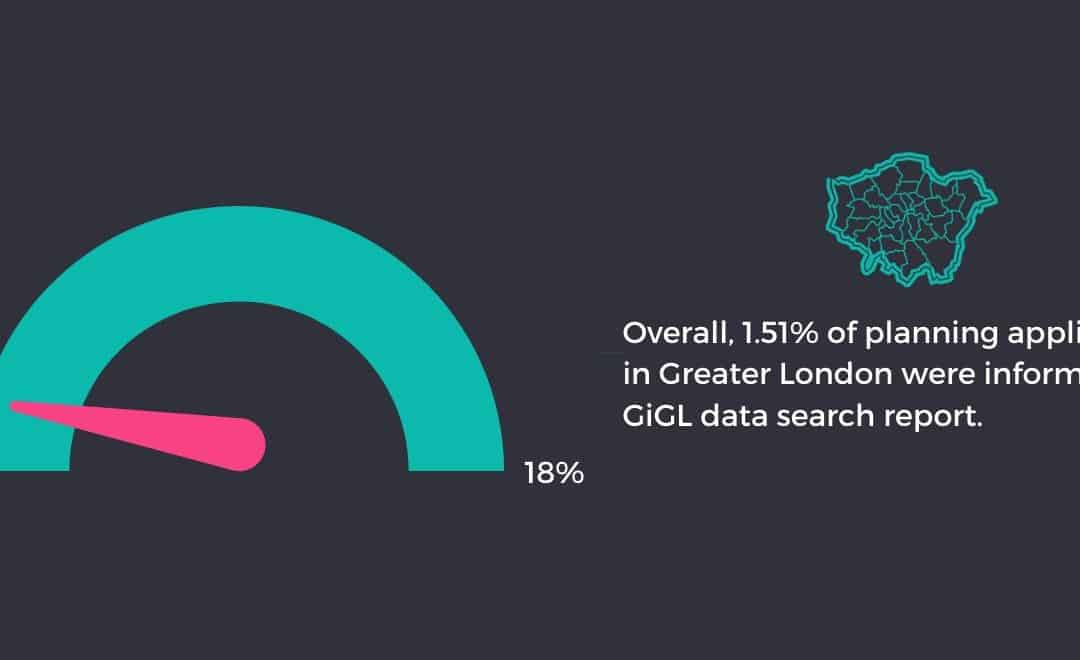
The updated figures on our Data Searches and Planning webpage give information on planning applications informed by GiGL data search reports in each Local Authority, which provide an indication of how well (or not) biodiversity data are used to inform development in London. We are a long way away from the ideal 18% but there are some Local Authorities that are doing better than others…
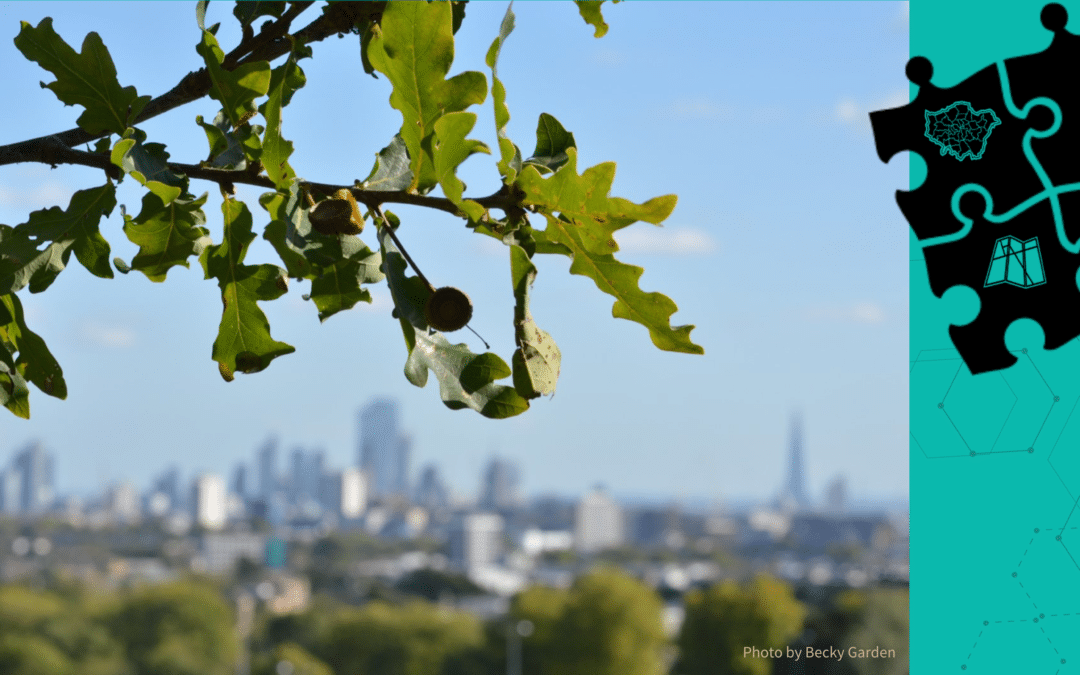
GiGL’s data search reports are an authoritative source of information on London’s natural environment and are key components when assessing the potential ecological impact of development projects. We constantly strive to improve our services, and as a response to feedback the GiGL team has been working on a series of bigger changes which we are happy to announce have just launched in collaboration with eCountability…
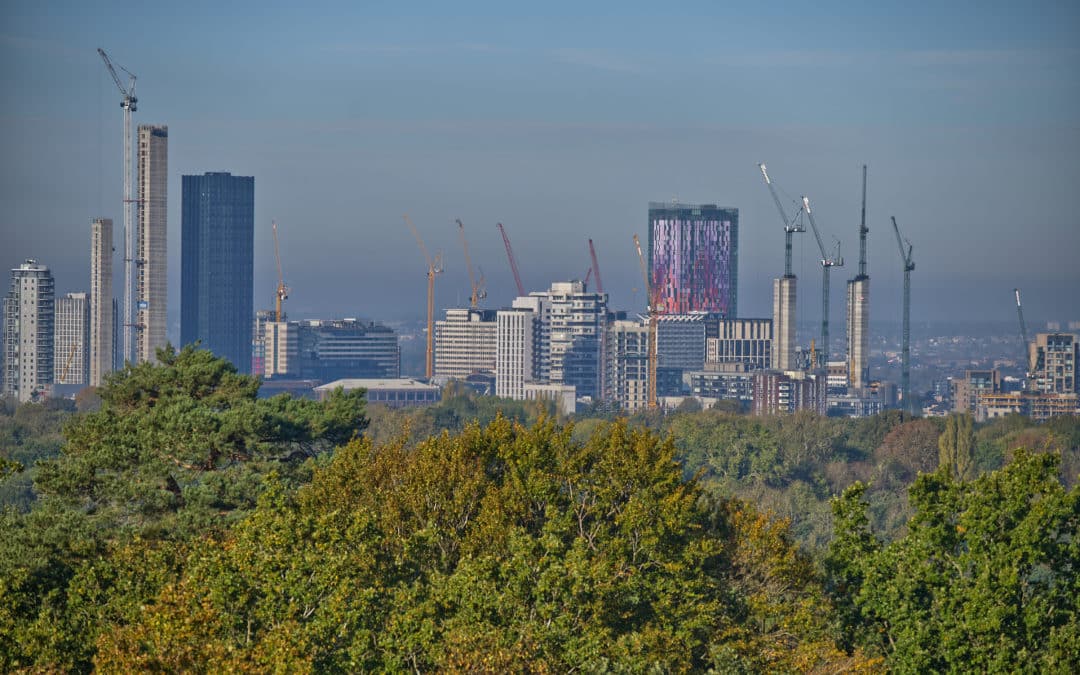
The biodiversity net gain (BNG) process is quite complex and GiGL is keen to support our SLA partners and clients…The aim of this project is to create a BNG baseline for each area that can be used as an indication of its biodiversity value…It has been a great experience working with our partners on this project and we have definitely learnt a lot
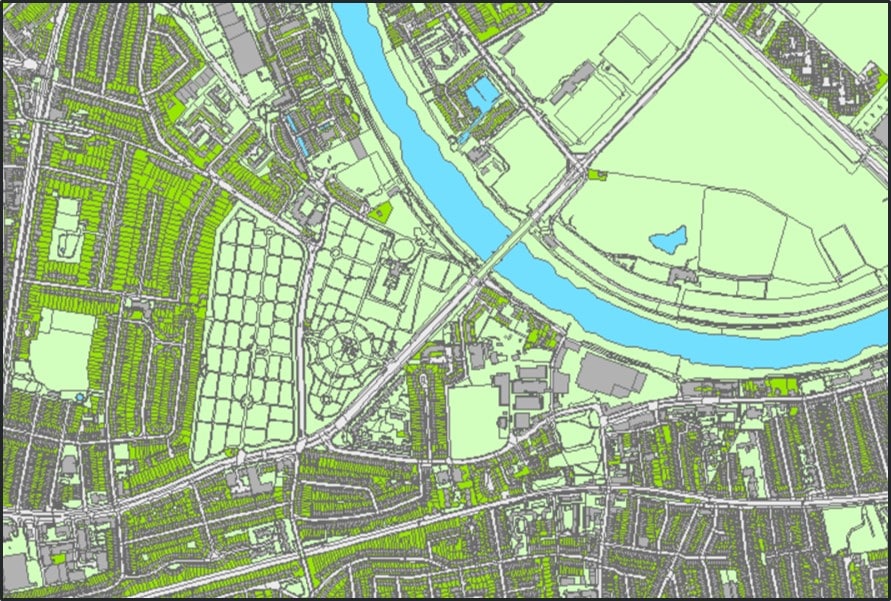
From swathes of grassland and woodland in parks and nature reserves to tiny mosaics of vegetation on derelict land, London is a complex patchwork of different habitats. At GiGL we are working hard to prepare our habitat data for mandatory Biodiversity Net Gain (BNG) this winter …